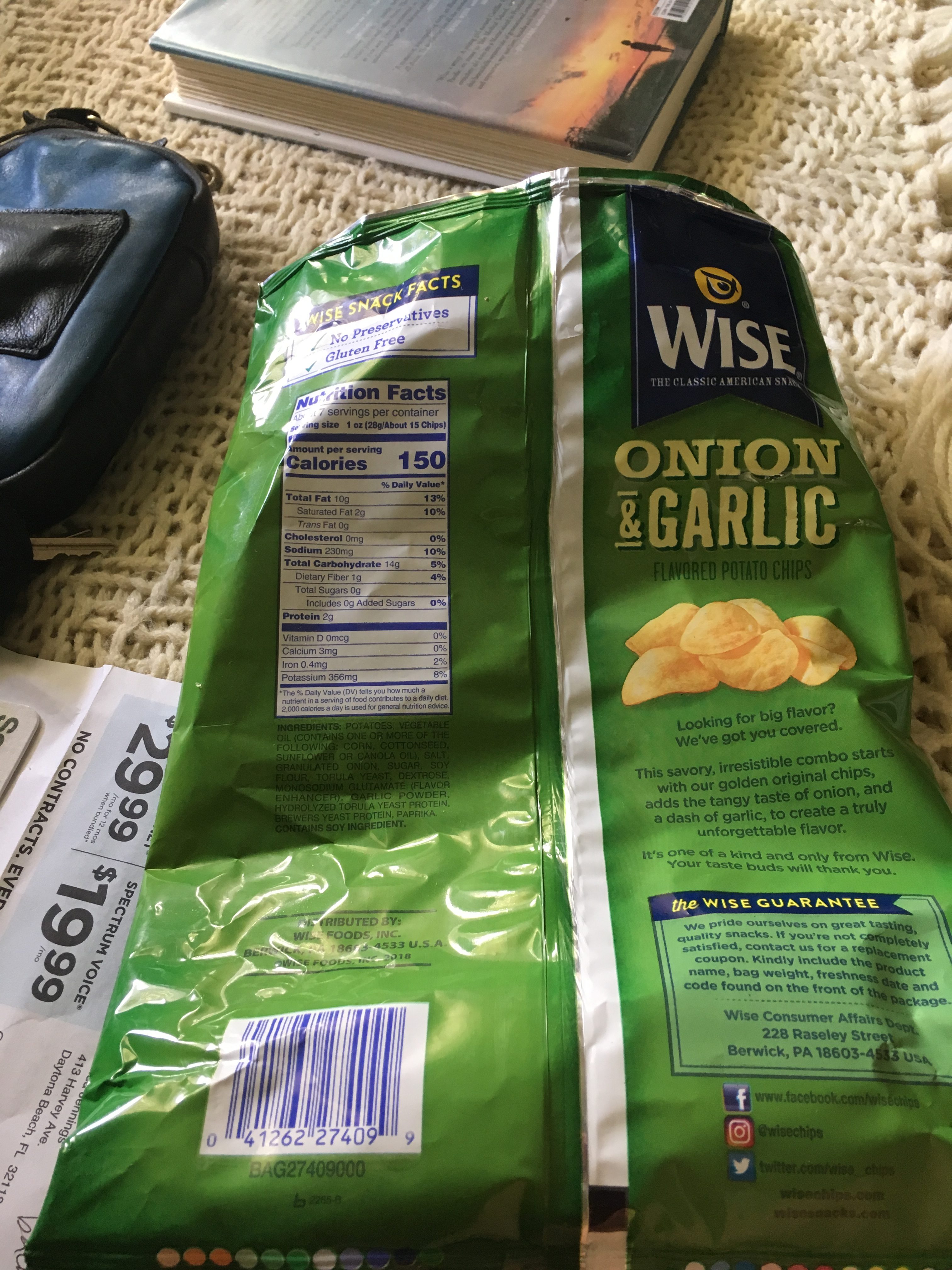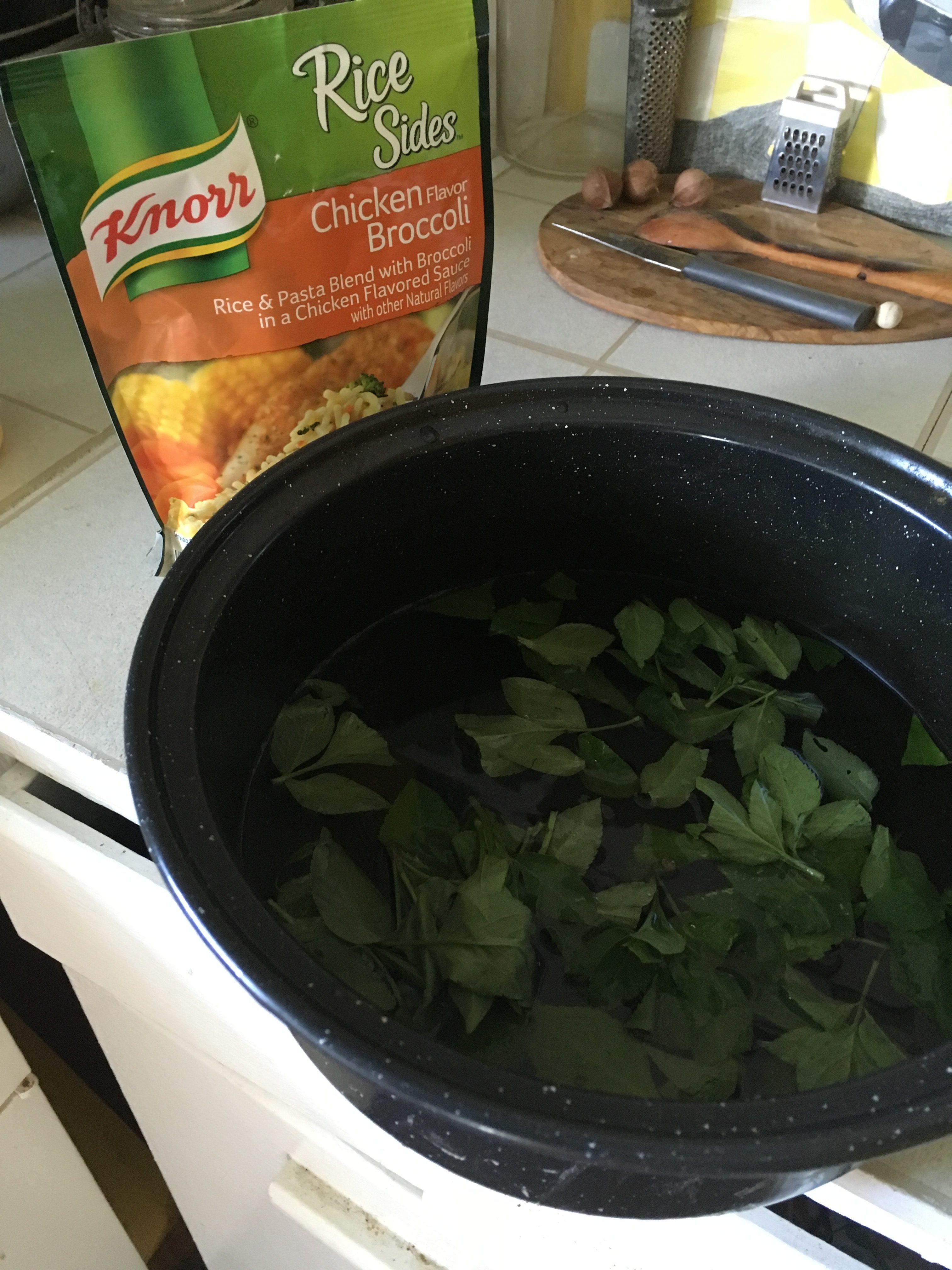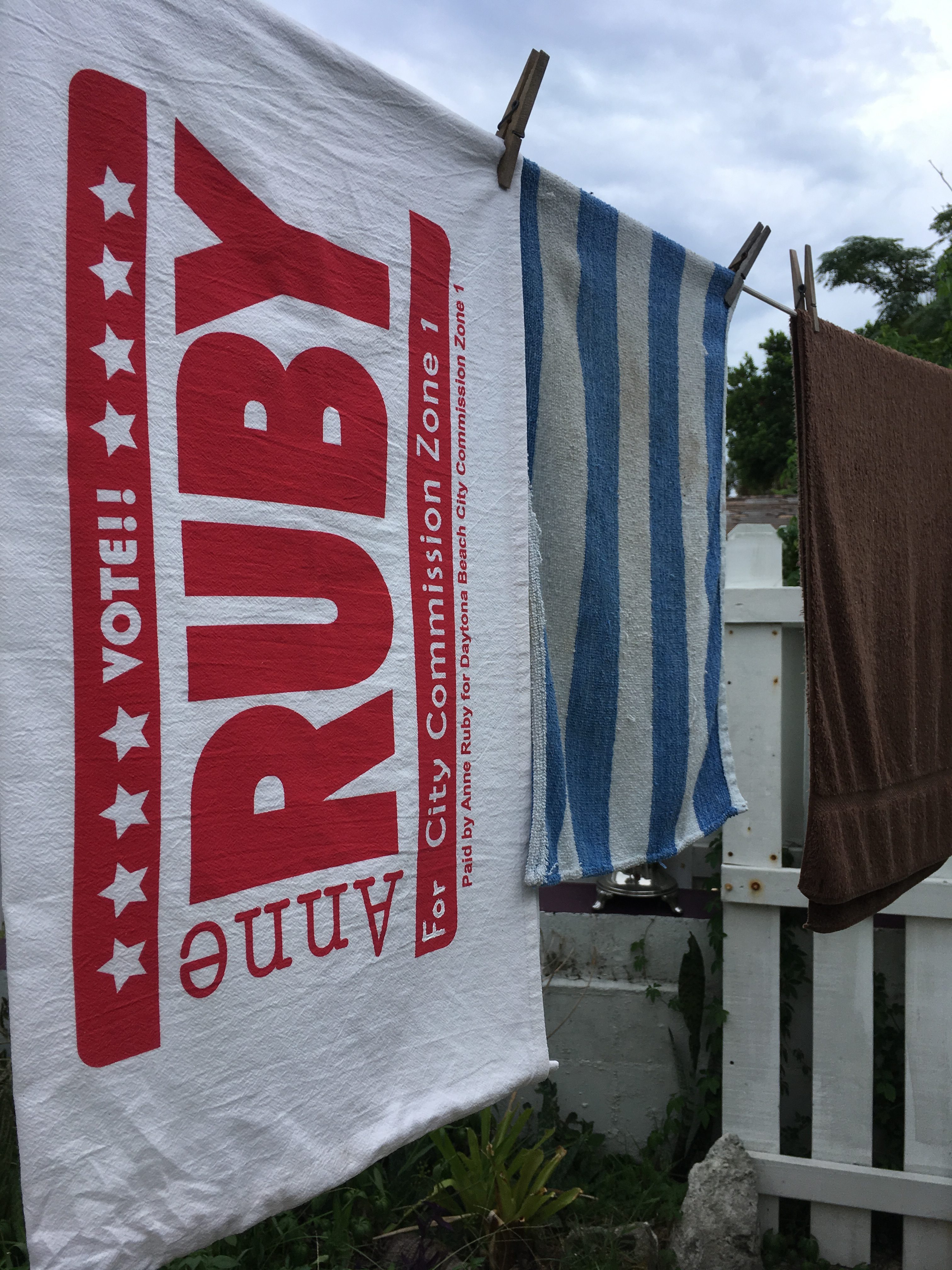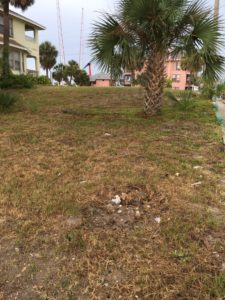A common lament of people striving to minimize their footprint is, “I’m doing all I can, but what’s the point, when other people aren’t doing anything?”
We all know it’s no use trying to get other people to change, and that all we can do is work on ourselves and hope others will be inspired to follow. That said, I have found it can be easy to involve other people in my footprint-reduction efforts, as long as I’m providing a practical benefit that they will value. Examples of practical benefits include saving people at least one of the following: money, time, space, labor, or unpleasantness. Sometimes it’s not even necessary to provide a benefit that people recognize, as long as I’m not inconveniencing them.
Here’s one simple example. I live in a house (left-hand side in the photo, green with purple trim). Next door, (tan house with red trim) my neighbors are a young single dad and his two little kids in the upstairs apartment, and a young couple in the downstairs apartment. These neighbors aren’t particularly into recycling or eco stuff in general, but (like pretty much everyone else I meet) are not opposed to it either.
Recently I combined our garbage and recycling, so we only use one trash can and one recycling bin for our three households. It started one day when a couple of the trash cans had accumulated some of that foul-smelling liquid that’s produced when rain falls on what I call “goopy trash” (food, drink, other stuff that belongs in the compost if you are able/willing to compost). Or when people toss unfinished beverages in the can. I tipped those garbage cans over to empty out the nasty liquid and let them bake dry in the hot Florida sun. And, I just left them tipped-over! And started consolidating all our trash into one can.
This greatly simplifies the task of putting out the trash and recycling at curbside for collection (saves labor). It also reduces mess and odor, because only one trash can at a time is in use. The others are stored upside-down so they don’t collect water, and also so that passers-by only have one trash can and one recycling bin to toss their refuse into (our neighborhood gets a lot of foot traffic, and it’s hard to keep folks from throwing their trash or recycling into our cans).
Most weeks, our combined garbage all fits into one can. And our combined recycling fits into my recycling bin (the neighbors don’t have any recycling bins, but if they wanted to, each household could request one from the city). Having only one trash and one recycling bin makes it easier for us to put out the trash, takes up less space on the sidewalk, and streamlines things for the trash collection workers too.
Part of the secret to how our trash all fits into one can, is that when I notice a big milk bottle, cat-litter tub, or other recyclable container in the trash, I retrieve it and put it into the recycling. My neighbors don’t have to do any extra work, and I’m just doing what I would want to do anyway. Except now instead of having three cans to monitor, I only have one!
This is just one simple example of getting others involved in green practices without it being any skin off their backs. We can extend our influence without imposing on people.
Another example: Recently when I got a new roof on my house, I provided lunch for the workers each day, and when I went to pick it up from the carryout place (which was in bicycling distance), I would refuse paper napkins and plastic utensils. Using cloth napkins, silverware, and china plates added almost nothing to my chore-load or to the volume of water consumed. (Also, when I wash clothes or dishes, I use the wash water to irrigate my yard, which is something I have to do anyway when it doesn’t rain.)
As for the workers who did such a great job on my roof, I don’t think they minded one way or another as long as they got their lunch!
Another example: At my church, I’ve had some luck implementing composting by making sure it doesn’t create any extra work or mess for others, and also by pointing out how dry and lightweight the kitchen trash can stays, rather than being heavy and “goopy”, when compostable materials are kept out of the trash. When something compostable lands in the trash, I just retrieve it and put it out in the compost bin, or toss it into our little woods as a snack for the wildlife. Without my asking, other people have begun doing this too.
I think the real turning-point came when I let go of the need to control things. I used to get really frustrated when I’d come in after being away for a few days and see a bunch of food in the trash. Now I don’t stress out about it. If I have time, I transfer the piled-up food into the compost bin. Otherwise I let it go, and just think about how far we’ve come. And, since I started the composting, multiple people have started to ask for the coffee grounds for their gardens, so these days I rarely have to worry about coffee grounds ending up in the trash (which is great because they really are goopy and messy even with a plastic liner).
The examples in this post have pertained to neighbors and others who may share common space for a limited time but who don’t have to live together day in and day out. But, for many of us, the biggest challenge is right under our own roofs. For those who feel blocked because their families or other household members are not on board, rest assured, you are in good company, and there are many ways to turn footprint-reduction into something that your family/housemates not only will be less resistant to, but actually might want to participate in. That’s a topic for a whole ‘nother post. Stay tuned!
Further Reading
• Trash is a huge aspect of our eco-footprint, both as individuals and as a society. Now that China has stopped accepting recycling from other countries, it’s even more important to reuse single-use containers and/or refuse them entirely, and reduce our overall volume of waste. (From the article: “‘This is a good wake-up call,’ adds Mark Murray, executive director of the nonprofit Californians Against Waste. ‘We should have been investing in utilizing this material domestically from the get-go.'”)
• Here are four cities that are reducing their garbage to zero.





